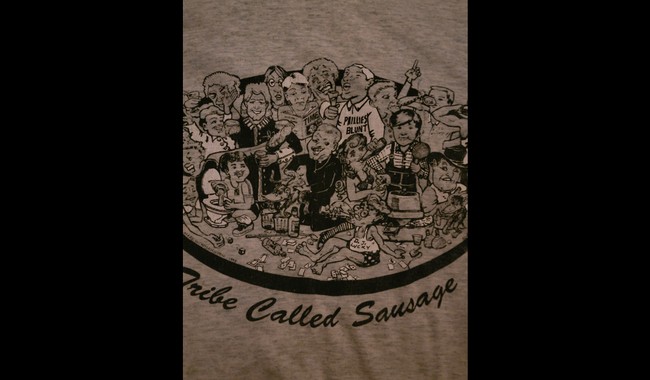Sir, the Posse Comitatus Act says that you can't deploy the U.S. military against civilians. Would you override that?
Trump: Well, these aren’t civilians. These are people that aren't legally in our country. This is an invasion of our country. An invasion like probably no country has ever seen before. They're coming in by the millions. I believe we have 15 million now. And I think you'll have 20 million by the time this ends. And that's bigger than almost every state.
TIME Magazine, April 30, 2024, Transcript Q&A With Donald Trump
President Trump shouldn’t have accepted the premise of this question by TIME Magazine – the Posse Comitatus Act doesn’t mean what TIME Magazine thinks it means.
I should know. I co-authored an entire paper on this act. Let me quote the conclusion to this paper:
We also believe that the Posse Comitatus Act does not conflict with or restrict (the inherent presidential powers to secure the border) and the PCA has, in fact, never barred the use of the military to secure the U.S. border…
But let’s start with the statute. 18 U.S. Code § 1385 - Use of Army, Navy, Marine Corps, Air Force, and Space Force as posse comitatus states:
Whoever, except in cases and under circumstances expressly authorized by the Constitution or Act of Congress, willfully uses any part of the Army, the Navy, the Marine Corps, the Air Force, or the Space Force as a posse comitatus or otherwise to execute the laws shall be fined under this title or imprisoned not more than two years, or both.
As can be seen, the PCA has five elements. To violate the PCA, someone must: (1) willfully (2) use the Army, the Navy, the Marine Corps, the Air Force, or the Space Force (3) as a posse comitatus or otherwise (4) to execute the laws (5) in a way that is not expressly authorized by the Constitution or an act of Congress.
Note that TIME Magazine’s definition is more restrictive. Their quote is that the “Posse Comitatus Act says that you can't deploy the U.S. military against civilians.” In other words, they are defining the PCA as simply barring the use of the military to execute the law. This is not the actual definition, however. They are missing some crucial elements – a) the willful element; b) the posse comitatus or otherwise element; and c) the two exceptions. As anyone familiar with criminal law understands, to prove a criminal violation of the PCA statute, all five elements must be shown beyond a reasonable doubt!
So, if Donald Trump uses the military to execute the law, for him to be violating the law, all five elements must be proven for him to be tossed in jail (which I am sure TIME Magazine will be pushing for). He must have done so willfully, which is not always easy to show. He also must be using the military as a “posse comitatus or otherwise.” Now, we know what “posse comitatus” means – a “posse” is what the sheriff rounds up to catch the criminal – and the “comitatus” simply means that the sheriff had the right to call for assistance from all men in the county over 15 years old, including all military forces. At the time of the PCA’s passage in 1878, the federal marshals and other officials were actually empowered to call upon the army to assist them in rounding up criminals and enforcing the law. This was controversial for two reasons: The army didn’t like that outsiders could break their men’s chain of command and have them enforce the criminal law, and Southern Democrats didn’t like that these federal officials in the South were using the military to protect the rights of African Americans in the South. The “otherwise” portion of this element is not easy to define – it may “suggest a desire by Congress to seal off attempts at circumvention via the expedient of simply using the military to enforce the law without formally labeling such a use the mustering of the posse comitatus.” And finally, neither exception in the PCA must be available for Trump; and, without a doubt, one clearly is – the Constitution clearly expressly authorizes the president to secure the border (see above).
So, to paraphrase Inigo Montoya, TIME Magazine is making a mistake, and they should not keep using that phrase, as it does not mean what they think it means.
This is very disappointing, TIME Magazine, from the guy who was once your biggest fan. (Check out this T-Shirt from the 1980’s – I am the guy reading the TIME Magazine.)















Join the conversation as a VIP Member